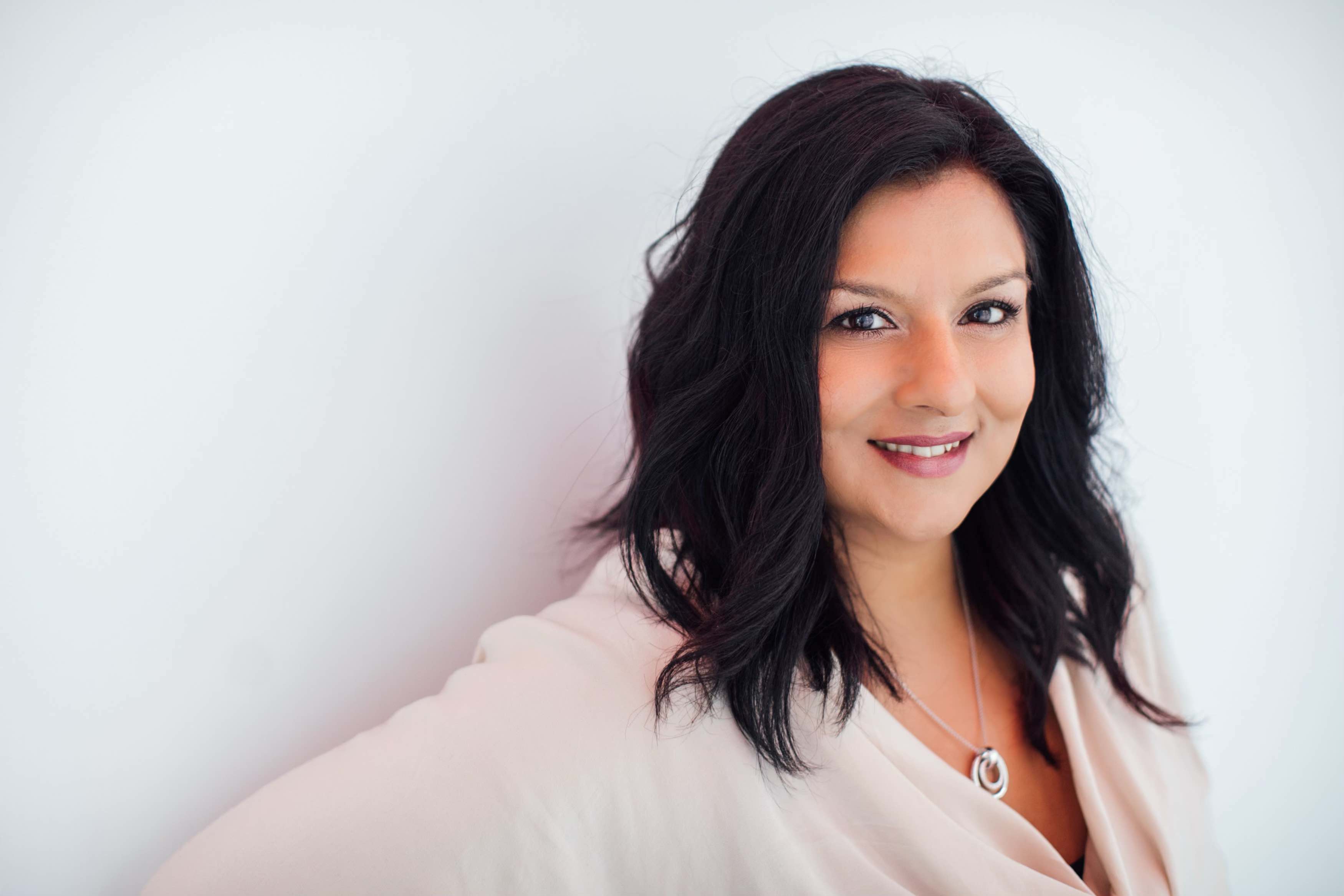To live your best life, is to live a life you deem your best. Not measured against anyone else or anyone who’s trying to make you a certain way.
The negativity on social media is immense. Even when talking about positive change issues, the dialogue inevitably changes to awful words and opinions – even if these are by the trolls. But in essence, they are real people who truly believe the things they’re writing and whilst sad (for them to be this way), it will affect you no matter how hard you try to fight it.
What we consume on a daily basis is incredible. Our brains have 50,000-70,000 thoughts a day; add to that the over consumption of content through ads, social media, work, family, friends etc. Our brains are constantly trying to filter things through, define what’s real and what isn’t, what’s useful and what isn’t – all the while, using the same core filing system that we’ve always had – that negative thought is easier to process as fact than positive. This is called the Mind/Body connection or Psychoneuroimmunology in medical terms. Negative thoughts are particularly draining. Thoughts containing words like “never,” “should,” and “can’t,” complaints, whining or thoughts that diminish our own or another’s sense of self-worth deplete the body by producing corresponding chemicals that weaken the physiology. No wonder we’re exhausted at the end of the day! The problem is that our brains are good at learning from bad experiences but bad at learning from good experiences.
So, how can we better manage all this noise in our lives, all these conscious or subconscious thoughts as a result of over-consumption of content and actually meet people feeling and being our ‘best selves?’ Have a look at the simple list below, give it a go. It helps with self-care, mindset and confidence:
- Realise that appearances are just appearances.It’s not what makes a person worthy or significant. For every post you see that seems perfect, think of the times you have directed or manipulated a shot to make it seem prettier than it really is. That’s probably how those “perfect” posts happened, too.
- Know yourself better.This includes your strengths and weaknesses. Work on your strengths more, and see where your interests and strengths jibe. It’s perfectly okay not to focus so much on your weaknesses. Just knowing what they are is enough for you to make better decisions. For proponents of what is called a “strengths-based approach,” focusing on strengths is actually a better strategy than working on improving your weaknesses. Embrace your uniqueness; everyone has their own story to tell.
- Expect real things from yourself.Once you’ve figured out what you really want, it’s time to set expectations. Expect the best from yourself from what you can do, but know that your best is not necessarily what others see as the best. No one is perfect; don’t dwell on every little mistake you make.
In the end, it’s really how you use social media that matters. If you focus on the good—positive hashtags, empowering online movements, or online support groups—social media can prove to be a powerful tool for self-esteem.
Points taken from Gergana Mileva, Co-founder & Chief Content Strategist @KGM, An avid writer at heart, first seen in Huffington Post.
Download my free guide to success and you’ll be added to my weekly mailer Coach&GOfull of great Coaching tips and support on the go and you can also ask me anything. Just click on the image to Sign Up. 


